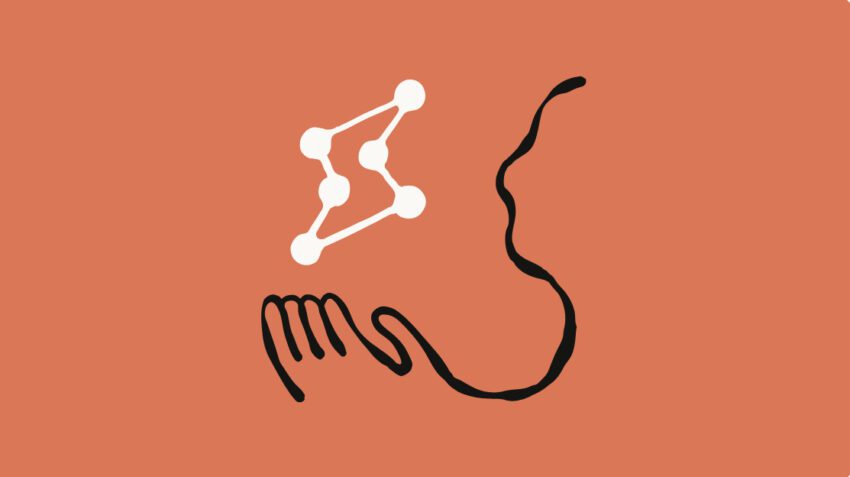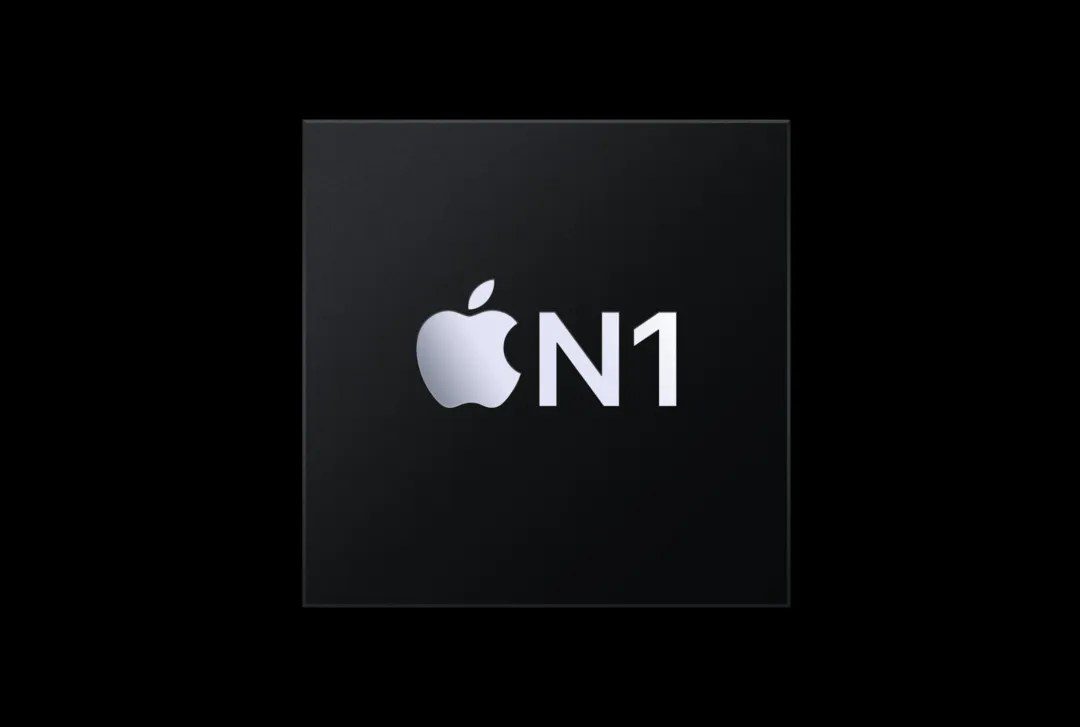
anthropic s claude haiku 4 5 matches Anthropic has unveiled Claude Haiku 4.5, a compact AI language model that matches the performance of its more advanced Claude Sonnet 4 model while significantly reducing costs and increasing processing speed.
anthropic s claude haiku 4 5 matches
Overview of Claude Haiku 4.5
On Wednesday, Anthropic announced the release of Claude Haiku 4.5, a small AI language model designed to deliver performance on par with its frontier model, Claude Sonnet 4, which debuted five months ago. Notably, Haiku 4.5 achieves this at one-third the cost and boasts more than double the processing speed. This release is now accessible to all users of the Claude app, web interface, and API.
Performance Metrics
If the benchmarks reported by Anthropic for Haiku 4.5 withstand independent scrutiny, the implications are significant. The ability to match the capabilities of a cutting-edge coding model from just five months prior, as well as competing with GPT-5 in coding tasks, while also offering a dramatic increase in speed and a substantial reduction in cost, marks a pivotal moment in AI development.
Technical Specifications
Claude Haiku 4.5 is part of Anthropic’s Claude family, which includes three model sizes: Haiku (small), Sonnet (medium), and Opus (large). Each model is built on increasingly larger neural networks, which generally provide deeper contextual understanding and more extensive knowledge. However, larger models tend to be slower and more costly to operate.
In contrast, Claude Haiku 4.5 utilizes a technique known as distillation. This method allows companies like Anthropic to create smaller AI models that can perform at levels comparable to larger, older models for specific tasks, such as coding. While this approach often sacrifices some stored knowledge, it offers significant advantages in speed and cost-effectiveness.
Implications for the AI Landscape
The release of Claude Haiku 4.5 has broader implications for the AI landscape, particularly in the realm of cost and accessibility. As AI technology continues to evolve, the ability to deliver high-performance models at lower costs can democratize access to advanced AI tools, making them available to a wider range of users, from small businesses to individual developers.
Cost Efficiency
Cost efficiency is a critical factor in the adoption of AI technologies. With Haiku 4.5, Anthropic has positioned itself as a competitive player in the market by providing a model that not only matches the performance of more expensive counterparts but does so at a fraction of the cost. This could lead to increased adoption rates among users who may have previously been deterred by the high costs associated with using larger models like Claude Sonnet 4 or GPT-5.
Speed and Performance
In addition to cost, speed is another crucial element that can influence user adoption. The more than twofold increase in processing speed with Haiku 4.5 means that tasks can be completed more quickly, enhancing productivity for developers and businesses alike. This improvement in speed could also facilitate real-time applications, such as chatbots and customer service tools, where quick responses are essential.
Stakeholder Reactions
The AI community has responded positively to the announcement of Claude Haiku 4.5. Industry experts and developers have expressed enthusiasm about the potential applications of the new model, particularly in coding and software development. The ability to achieve high performance at lower costs is seen as a game-changer, especially for startups and smaller companies that may not have the resources to invest in larger models.
Developer Community
Members of the developer community have highlighted the advantages of using Haiku 4.5 for coding tasks. The model’s ability to generate code snippets, debug existing code, and assist in software development can significantly streamline workflows. Developers are particularly interested in how the model can integrate into existing tools and platforms, enhancing their productivity without requiring extensive changes to their current processes.
Academic Perspectives
Academics and researchers in the field of artificial intelligence have also taken note of the advancements represented by Haiku 4.5. The model’s performance metrics suggest that smaller models can effectively compete with larger ones, prompting discussions about the future of AI model development. Researchers are keen to explore the implications of distillation techniques and how they can be further refined to improve the capabilities of smaller models.
Future Prospects for Anthropic
The successful launch of Claude Haiku 4.5 may set the stage for future developments at Anthropic. As the company continues to innovate, it could explore additional enhancements to its model lineup, potentially leading to even more efficient and capable AI solutions. The competitive landscape of AI is rapidly evolving, and Anthropic’s ability to adapt and innovate will be crucial for its long-term success.
Potential Model Enhancements
Looking ahead, there are several areas where Anthropic could focus its efforts for future model enhancements. These may include:
- Increased Knowledge Retention: While distillation allows for smaller models, enhancing their ability to retain and utilize stored knowledge could further improve performance.
- Broader Application Scope: Expanding the model’s capabilities beyond coding to include other domains, such as natural language processing or data analysis, could attract a wider user base.
- Integration with Other Technologies: Collaborating with other technology providers to create integrated solutions could enhance the usability of Claude models in various applications.
Market Positioning
As Anthropic continues to refine its offerings, its market positioning will be critical. The company must navigate competition from other AI developers, including OpenAI, which has established a strong foothold with its GPT models. By focusing on cost efficiency, speed, and performance, Anthropic can carve out a niche that appeals to users seeking high-quality AI solutions without the associated costs of larger models.
Conclusion
The release of Claude Haiku 4.5 represents a significant advancement in AI language models, showcasing Anthropic’s commitment to innovation and accessibility. By delivering a model that matches the performance of its more expensive counterparts while reducing costs and increasing speed, Anthropic is poised to make a meaningful impact in the AI landscape. As the technology continues to evolve, the implications for developers, businesses, and researchers will be profound, potentially reshaping the way AI is utilized across various sectors.
Source: Original report
Was this helpful?
Last Modified: October 16, 2025 at 1:38 am
0 views















